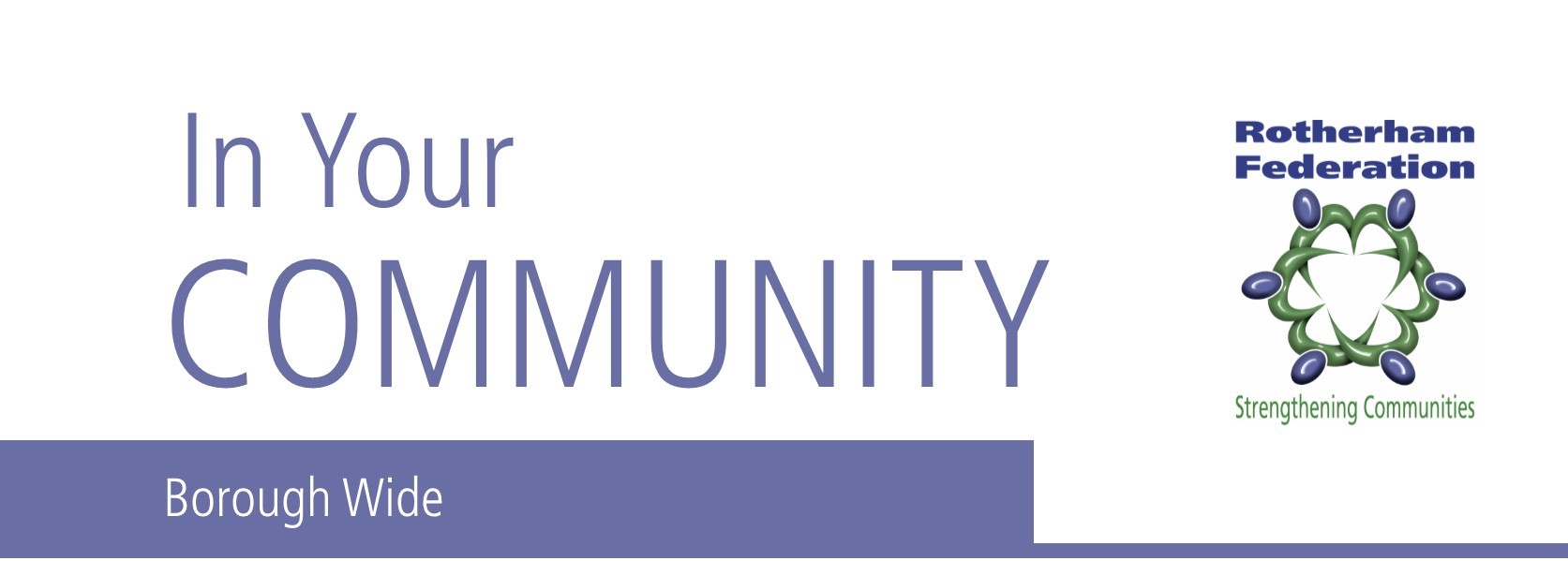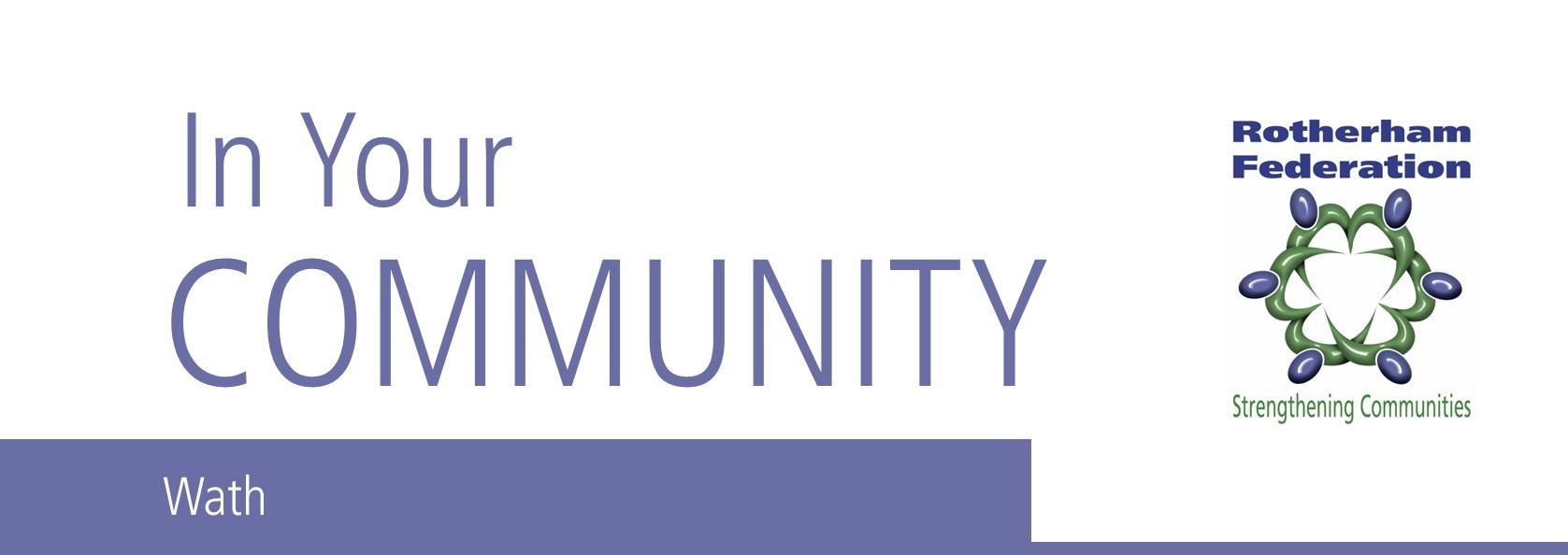By Lee Lazenby, The Open Arms team
In the past week we had a family come to see us with issues which were a result of an unexpected close family bereavement. I met with them on the very first visit to our outreach session. They did not arrive until mid-afternoon. After hearing what they had to say, I suggested they come back to see us on another day when there would be more time to go through everything with them. I sign-posted them to deal with “quick win” resolutions first and later informed the tasks I had suggested to do were conducted successfully.
On visit number two, I chatted a bit more with the family before they saw the CARD adviser and they said they had been sent all over the place since the bereavement. With having no experience in such matters previously, no one knew what to do, people they were coming up against lacked empathy with their overall situation which had happened by no fault of their own and their words were “they didn’t want to know.”
Four days later, they were back again, this time they showed some distress and anger that these issues were still ongoing. It transpires; after spending more time and obtaining further information, the issues were being tackled in the wrong order from what I could make out. I asked them if they would not mind answering questions so I could try and help them. I reiterated I was not at the outreach to give advice but merely to sign post to the most suitable charities and organisations and that is what I was aiming to do.
I discovered the last time the family met any kind of social care involvement was approximately twelve months ago. I then traced back to some contacts and as it turned out, I found a telephone number, made the call and he remembered relevant details straight away. Although he no longer worked the same job, he provided me with information which in the end assisted one of the family members who, since the passing of the relative had not had any means to support himself.
Just when I thought I had resolved one of their main concerns, another family member informed me of an eviction if outstanding payments were not made to the council by 5pm that day. The time at that point was turned 2pm and the CARD Advisor was still with another client. I suggested to the family, although they wanted to do everything together, they needed to split into two and each group had their own task to do. Time was of the essence. Some family members went to deal with the issue of the person without funds and the other was sent home to obtain relevant information.
It was discovered, DWP and the local housing office were working from different figures. The reason for non-payment was due to a transition period where they were moving from one benefit to another and therefore there was no money coming in to continue to pay for outgoings. After letting the authorities know about a bereavement more time was allowed to pay but that date had long gone. However, in another letter from a different source, the DWP had also allowed for the lack of money for the change of benefits and the date was now in fact another month’s grace, notified the council. It was up to the family to coordinate but due to the bereavement, it was forgotten.
By this time, the CARD advisor was available. I gave her a quick overview of the situation as it was currently, and I made sure she had all the relevant information to be able to deal. The advisor contacted the council as the client was a little anxious at this point. She explained who she was and that she was acting on behalf of a client and was assisted.
The young man without any income was provided with a face-to-face appointment to apply for Universal Credit the very next day. Normally, this centre only deals with u18’s, however due to the fact the individual is neurodiverse the age range is extended to 25 years of age.
With our help and support the family were able to get these issues resolved allowing them time to grieve for their loved one without the worry of all these problems anymore.




